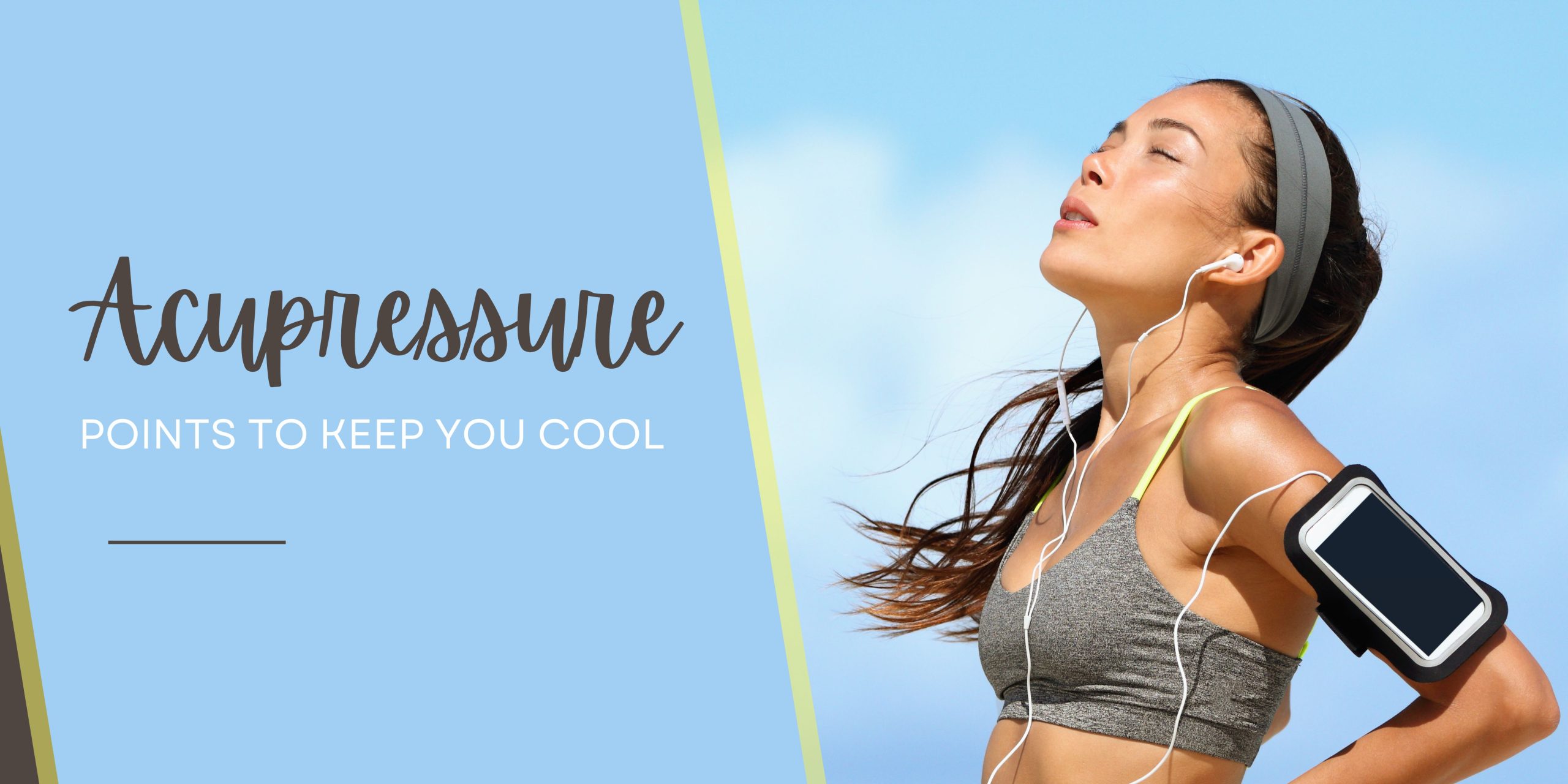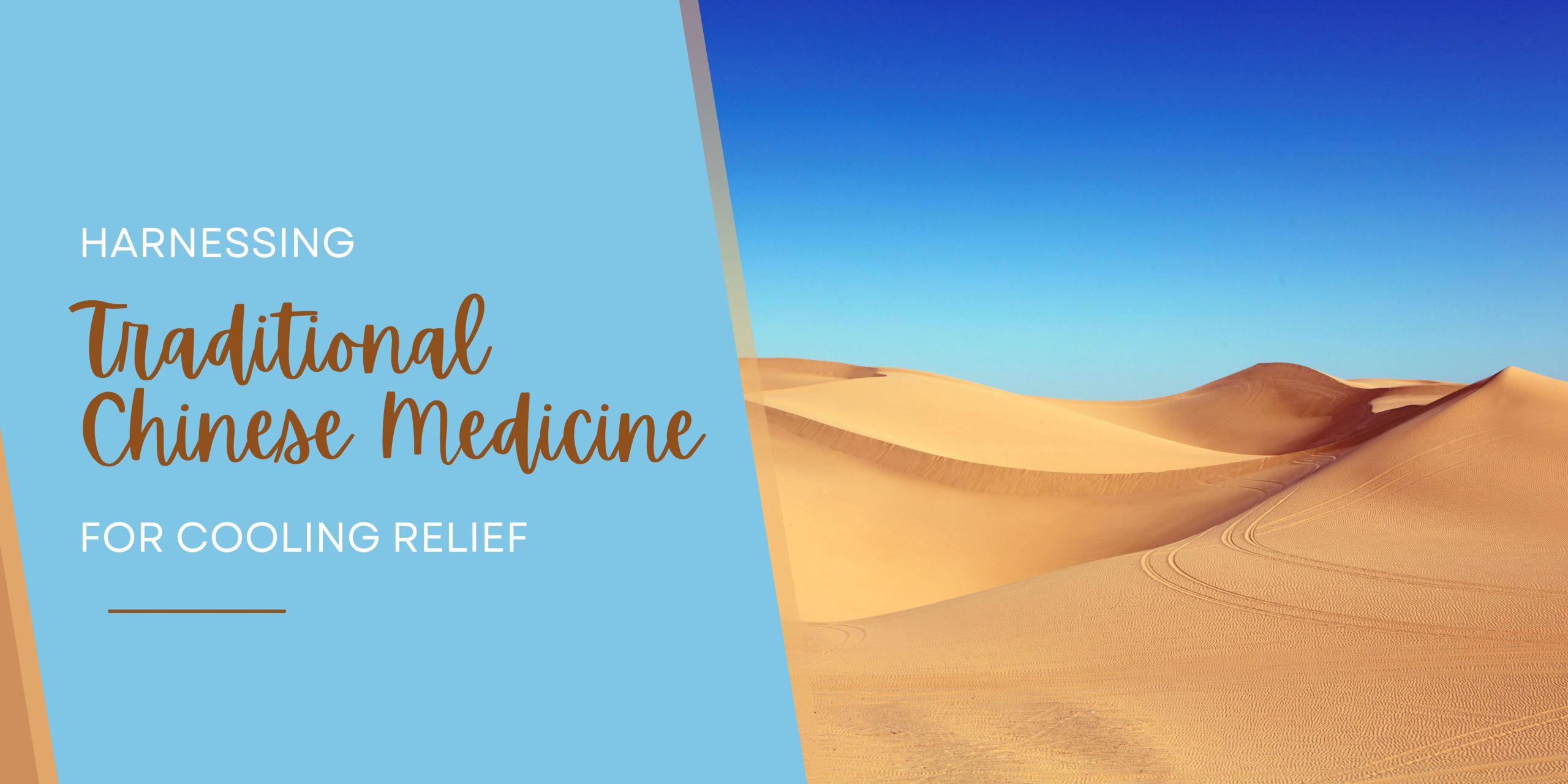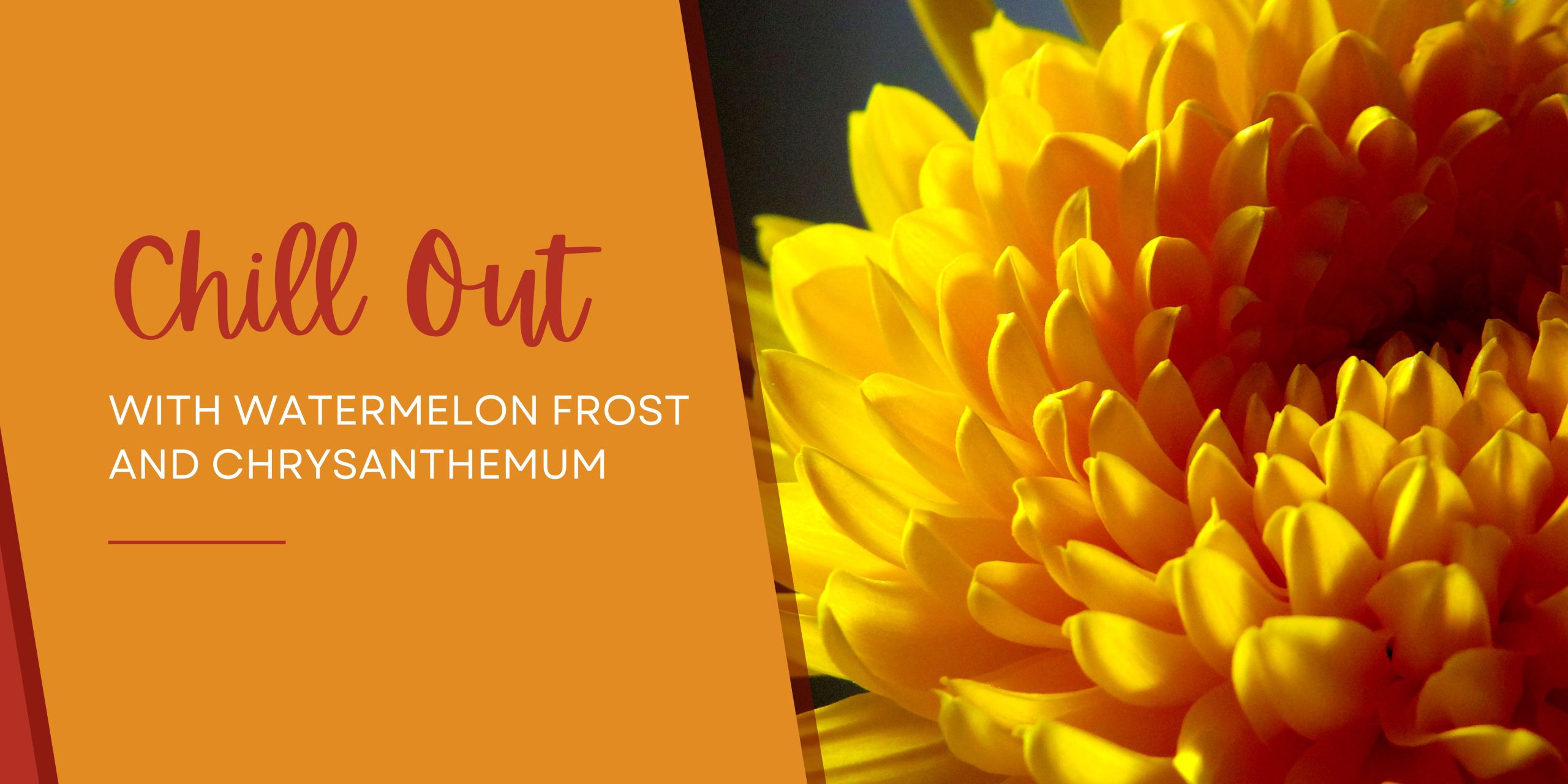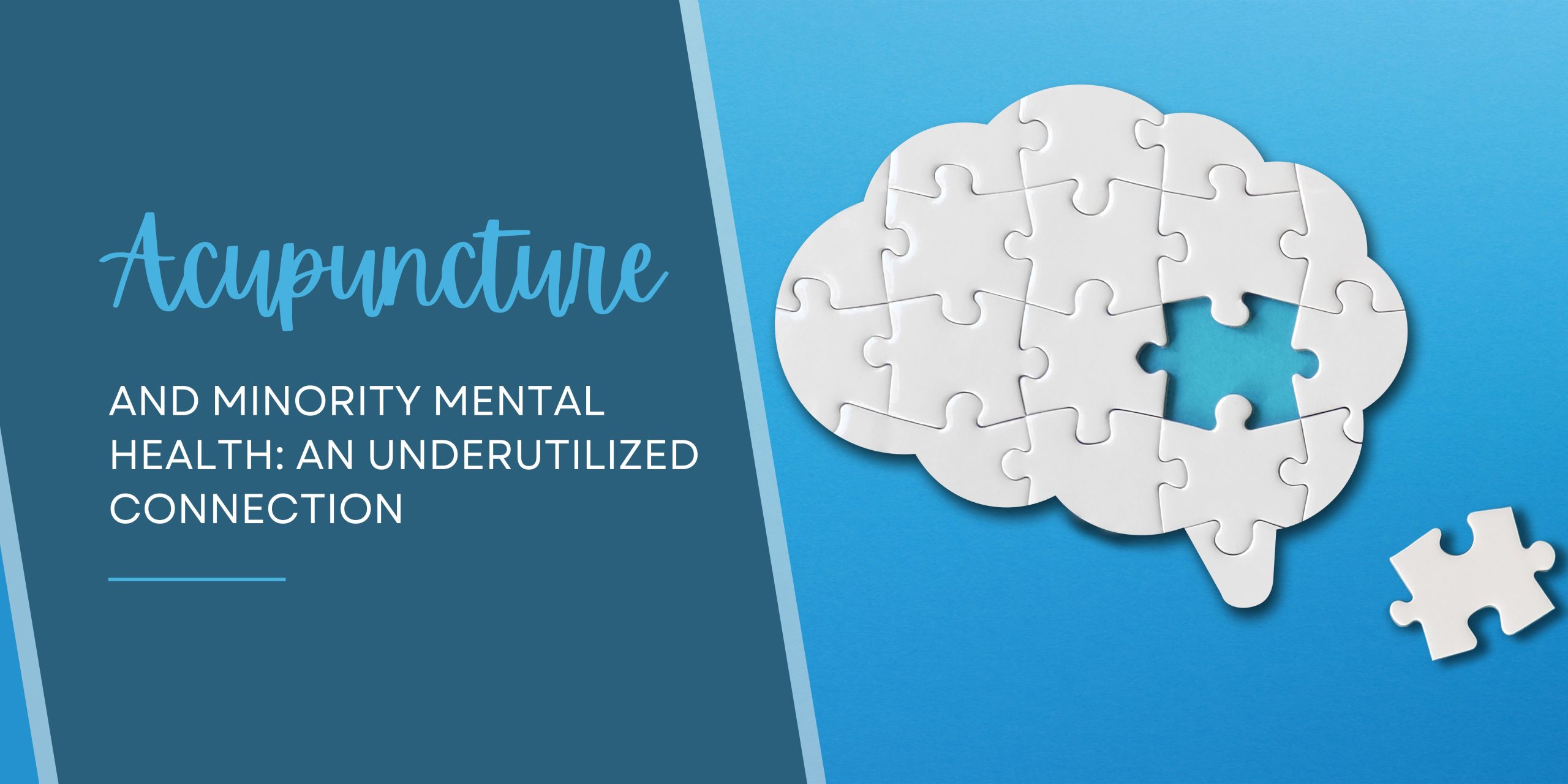- WE MOVED !!!
-
 Professional Acupuncture & Physical Therapy1118 East Superior Street
Professional Acupuncture & Physical Therapy1118 East Superior Street
Duluth, MN 55802(218) 724-3400 Clinic Hours
Mon8:00 am - 4:30 pmTue1:45 pm - 4:30 pmWed8:00 am - 4:30 pmThu8:00 am - 4:30 pmFriCLOSED

- Long Covid Booklet
Blog
Alleviating Heat in the Body: Acupressure Points to Keep You Cool

As the summer heat intensifies, it’s essential to find effective ways to stay cool and maintain balance within our bodies. In Traditional Chinese Medicine (TCM), specific acupressure points are believed to have cooling properties that can help regulate body temperature and alleviate heat-related symptoms. In this article, we will explore some key acupressure points renowned for their ability to bring relief and maintain a sense of coolness during the hot summer months.
1. Hegu (LI4)
Located on the back of the hand, in the webbing between the thumb and index finger, Hegu is a well-known acupressure point used to clear heat in the body. Applying firm pressure to this point can help relieve headaches, toothaches, and sinus congestion associated with excessive heat. It is also believed to support the immune system and promote overall well-being.
2. Quchi (LI11)
Situated at the outer end of the elbow crease, Quchi is a powerful acupressure point for reducing heat and inflammation. Stimulating this point may alleviate skin rashes, sore throat, fever, and other heat-related conditions. Additionally, Quchi is known for its ability to strengthen the immune system and support digestive health.
3. Tai Chong (LV3)
Located on the top of the foot, between the big toe and the second toe, Tai Chong is a versatile acupressure point often used to regulate body heat and promote liver function. By applying pressure to this point, it may help relieve irritability, insomnia, and hot flashes. Tai Chong is also beneficial for promoting smooth energy flow throughout the body, helping to maintain balance and harmony.
4. Tian Zhu (BL10)
Situated at the base of the skull, on the midpoint of the ridge between the two large neck muscles, Tian Zhu is a valuable acupressure point for clearing heat from the head and neck region. This point can assist in relieving headaches, migraines, and dizziness associated with excessive heat accumulation. It also helps to promote relaxation and relieve tension in the upper body.
5. Yongquan (KD1)
Located on the sole of the foot, at the center of the depression when the toes are curled, Yongquan is a cooling acupressure point that can help regulate body heat and promote a sense of grounding. Stimulating this point may help alleviate insomnia, restlessness, and hot flashes. Additionally, Yongquan is known for its ability to nourish the kidneys, which are vital for maintaining overall balance and coolness within the body.
6. Shaofu (HT8)
Situated on the palm side of the hand, in the depression between the little finger and the ring finger when they are brought close together, Shaofu (HT8) is an acupressure point associated with clearing heat and promoting heart health. Stimulating this point can help relieve symptoms such as restlessness, irritability, and insomnia associated with heat in the heart. It is also believed to support emotional well-being and calmness.
7. Quze (PC3)
Located on the inside of the elbow crease, in the depression on the outer side of the tendon of the biceps muscle, Quze (PC3) is an acupressure point known for its cooling properties and its impact on the pericardium, a protective sac around the heart. Applying pressure to this point may help regulate body temperature, alleviate chest tightness, and promote relaxation. It is also believed to support heart health and emotional balance.
How to Apply Acupressure
To apply acupressure to these points, find a comfortable position and use your thumb or index finger to exert steady pressure on the point. Apply firm but gentle pressure, gradually increasing it as tolerated. You can hold the pressure for 1-2 minutes or try massaging the area in a circular motion. Remember to breathe deeply and relax during the process to enhance the effectiveness of the acupressure.
It’s important to note that while acupressure can be beneficial for many individuals, it is not a substitute for professional medical advice. If you have any underlying health conditions or concerns, it’s recommended to consult with a qualified healthcare practitioner before trying acupressure or any alternative therapies.
Conclusion
As the temperatures rise and the summer heat becomes more intense, incorporating acupressure techniques to alleviate heat in the body can provide much-needed relief and support. By stimulating specific acupressure points like Hegu, Quchi, Tai Chong, Tian Zhu, Yongquan, Shaofu (HT8), and Quze (PC3), you can tap into the wisdom of Traditional Chinese Medicine and experience the cooling benefits these points have to offer. Stay cool, balanced, and rejuvenated this summer with the power of acupressure!
(Note: The information provided in this article is for educational purposes only and should not be considered as a substitute for medical advice. If you have any specific concerns or medical conditions, please consult with Heidi.)
Acupuncture and Summer Health: Harnessing Traditional Chinese Medicine for Cooling Relief

As the summer temperatures begin to rise, so does the need for effective ways to stay cool and maintain a balanced state of health. One avenue that many individuals may not have considered lies in the time-tested traditions of Traditional Chinese Medicine (TCM) – specifically, acupuncture and the therapeutic use of Chinese herbs. Here, we explore how acupuncture can be applied to promote summer health and also delve into some refreshing recipes using Chinese herbs renowned for their cooling properties.
Acupuncture and Summer Health
Acupuncture, one of the pillars of TCM, has been practiced for thousands of years. It involves the insertion of fine needles at specific points on the body, known as acupoints. According to TCM, these points are thought to be linked to the body’s vital energy, or Qi, and by manipulating these points, practitioners aim to correct imbalances and promote health.
In the context of summer health, the primary concern for many people is managing the excess heat, which can lead to symptoms like restlessness, insomnia, dehydration, and even heatstroke. TCM views these symptoms as signs of excess heat or Yang energy in the body. Acupuncture can help rectify this imbalance by stimulating acupoints that have cooling or Yin-enhancing effects.
Several acupoints have been traditionally associated with heat-clearing effects, such as LI11 (Quchi), HT8 (Shaofu), and GV14 (Dazhui). It’s crucial, however, to seek the assistance of a trained and certified acupuncturist like Heidi, as they can provide a personalized assessment and treatment plan based on your specific needs and overall health condition.
Cooling Down with Chinese Herbs
Beyond acupuncture, TCM also extensively uses herbs to rectify imbalances in the body. For combating the summer heat, several Chinese herbs and ingredients have been recognized for their cooling properties.
- Mung Beans: Mung beans are well-known for their cooling and detoxifying effects. They are rich in proteins, fiber, vitamins, and minerals and can be included in both sweet and savory dishes.
- Chrysanthemum Flower: This flower is often brewed into a tea and is believed to clear heat and toxins from the body. It also has calming properties, making it excellent for alleviating stress and insomnia.
- Lotus Seeds: Used in a variety of Chinese dishes and desserts, lotus seeds are considered cooling and beneficial for the heart and kidneys. They are also known for their calming effects, assisting with restlessness and insomnia.
Recipes for a Cool Summer
Here are two simple recipes incorporating these cooling Chinese ingredients:
1. Chrysanthemum Tea
Ingredients:
– 20-30 dried chrysanthemum flowers
– 1 tablespoon of honey (or to taste)
Instructions:
- Rinse the chrysanthemum flowers under cold water.
- Place the cleaned flowers in a teapot or a heat-resistant pitcher.
- Pour boiling water into the pot and let the flowers steep for about 5 minutes.
- Stir in the honey until it dissolves.
- Strain the tea into cups and serve. You can enjoy this drink hot or allow it to cool and then refrigerate for a refreshing chilled beverage.
2. Mung Bean Soup
Ingredients:
– 1 cup mung beans
– 4 cups water
– Rock sugar or honey to taste
– A handful of dried lotus seeds (optional)
Instructions:
- Rinse the mung beans and lotus seeds under cold water.
- In a large pot, combine the mung beans, lotus seeds (if using), and water. Bring the mixture to a boil.
Chill Out with Watermelon Frost and Chrysanthemum: Cool Remedies for a Hot Summer

Hey there, folks! Summer is in full swing, and it’s time to beat the heat with some refreshing herbal remedies. Today, we’re diving into the cool benefits of Watermelon Frost and Chrysanthemum, two awesome herbs perfect for soothing those summertime blues.
Watermelon Frost – The Icy Savior
Picture this: a sore throat or mouth ulcers ruining your summer fun. Fear not, because Watermelon Frost is here to save the day! This herb is like a cool breeze on a scorching day. It has been used for ages to reduce pain and inflammation. So, the next time you find yourself battling with a sore throat, grab some Watermelon Frost and prepare for relief!
Recipe Idea – Watermelon Frost Mouthwash:
Got a sore throat? No problem! Whip up a quick Watermelon Frost mouthwash. Just mix a teaspoon of Watermelon Frost powder with a cup of lukewarm water, gargle, and spit. Repeat as needed for soothing relief. Ahh, feels good, doesn’t it?
Chrysanthemum – The Chill Pill
Stressed out? Eyes feeling strained from too much screen time? Say hello to your new best friend, Chrysanthemum! This calming herb is like a spa day for your mind. It’s been used for centuries to clear heat and promote relaxation. Sip on a cup of Chrysanthemum tea, and you’ll feel like you’re lounging in a zen garden.
Recipe Idea – Chrysanthemum Tea:
Brewing up a cup of Chrysanthemum tea is as easy as a summer breeze. Simply steep a tablespoon of dried Chrysanthemum flowers in a cup of hot water for 5 minutes. Strain, add a touch of honey if you like, and sip your way to relaxation. Take a moment to let the calm wash over you.
As the temperature rises, it’s essential to have some herbal tricks up your sleeve to keep cool. Watermelon Frost and Chrysanthemum are your secret weapons for a refreshing summer.
Try out the Watermelon Frost mouthwash recipe when your throat needs a little TLC, and sip on a cup of Chrysanthemum tea when you’re craving a moment of tranquility.
Remember, give us a call if you have any concerns or questions.
Stay chill, my friends!
Acupuncture and Minority Mental Health: An Underutilized Connection

In recognition of Minority Mental Health Awareness Month this July, we aim to shed light on an unconventional, yet increasingly valuable, approach to mental health treatment – acupuncture. This ancient practice, long revered in Traditional Chinese Medicine, has been making strides in modern integrative medicine and could offer unique benefits to minority populations battling with mental health issues.
Understanding Minority Mental Health
Minority Mental Health Awareness Month was established with the purpose of creating an inclusive and empathetic dialogue about mental health issues that disproportionately affect racial and ethnic minority groups. These communities face unique challenges, such as greater exposure to stressors like discrimination, economic disparity, and language barriers, which can directly contribute to mental health issues. Furthermore, they often encounter cultural stigma and lack access to adequate mental health resources, making the situation even more challenging.
The Potential of Acupuncture in Mental Health Treatment
Acupuncture, an age-old component of Traditional Chinese Medicine, has been used for centuries to treat various ailments by inserting thin needles into specific points on the body. These acupuncture points are believed to balance the body’s energy, or “qi,” and promote healing. Recent scientific studies have indicated that acupuncture can help alleviate a range of mental health disorders, such as anxiety, depression, and post-traumatic stress disorder.
A meta-analysis published in the *Journal of Psychiatric Research* in 2021 found that acupuncture can significantly reduce symptoms of depression, rivaling the effectiveness of cognitive-behavioral therapy and medication. Moreover, the *Journal of Alternative and Complementary Medicine* (2021) published a study revealing that acupuncture could decrease anxiety symptoms, even for those with generalized anxiety disorder.
Accessibility and Acceptance in Minority Communities
Acupuncture may hold special appeal to minority populations due to its holistic approach, non-invasiveness, and minimal side effects, offering an alternative for individuals wary of traditional psychiatric medications or therapy. It aligns well with many cultures’ emphasis on holistic and natural healing, potentially reducing the stigma associated with mental health treatment.
Moreover, community acupuncture clinics, providing services on a sliding scale, are growing across the country, making this therapy more affordable and accessible to economically disadvantaged communities.
Bridging the Gap with Research and Education
While promising, the research on acupuncture’s effectiveness for mental health disorders needs more randomized controlled trials, particularly focusing on minority populations. Addressing the diversity gap in research can help identify the specific needs and responses of these communities, tailoring treatments more effectively.
Educating minority communities about acupuncture and other integrative health options is also crucial. By incorporating cultural competence and sensitivity into health education, we can empower these communities to seek out and receive the help they need.
Let’s come together to create more inclusive mental health support systems. Be part of the change by raising awareness about the potential of alternative treatments like acupuncture. Remember, mental health is universal, and our approaches to addressing it should reflect the diverse needs of all communities.
Taking Juvenile Arthritis Head-On: An Active Guide to Understanding and Managing the Condition

If you’ve landed on this article, chances are you’re looking to delve deeper into the world of juvenile arthritis. Maybe your child has recently been diagnosed, or perhaps you’re a caregiver or educator seeking to better understand this condition. No matter your situation, we’re here to guide you through the ins and outs of juvenile arthritis and arm you with actionable strategies for managing it effectively. So, buckle up, and let’s tackle this together!
First things first, what is Juvenile Arthritis?
It’s a term used for several autoimmune and inflammatory conditions that can affect children under 16. While the word “arthritis” might make you think of your grandma, the fact is that arthritis isn’t just an ‘old person’s disease.’ Around 300,000 children in the U.S. are navigating life with juvenile arthritis, battling symptoms like joint pain, swelling, and stiffness.
Traditional Treatment Routes
The standard arsenal for fighting juvenile arthritis often includes medications such as nonsteroidal anti-inflammatory drugs (NSAIDs), corticosteroids, and disease-modifying anti-rheumatic drugs (DMARDs). These work by reducing inflammation and controlling the immune system’s responses. But let’s be real, they also come with a potential laundry list of side effects, especially with long-term use. This concern makes finding safer alternatives a top priority.

Here’s Where Acupuncture Comes In
Acupuncture might sound like something straight out of a sci-fi movie, but it’s actually a centuries-old practice rooted in traditional Chinese medicine. Picture this: tiny needles are placed at specific points on the body (don’t worry, it’s less scary than it sounds!), with the goal of correcting imbalances in the body’s energy flow, or Qi.
But don’t just take our word for it. There’s a bunch of research that supports acupuncture’s benefits for managing chronic pain conditions, including arthritis. Studies have shown that acupuncture can help reduce pain severity and improve the quality of life for those living with chronic pain.
Perks of Acupuncture for Juvenile Arthritis
- Pain Relief: Acupuncture is a natural pain killer. It works by encouraging your body to produce endorphins – your body’s ‘feel-good’ hormones that also happen to be natural painkillers.
- Improved Physical Function: By easing pain and inflammation, acupuncture can boost the range of motion in affected joints, helping kids get back to their favorite activities.
- Safety: When performed by a trained professional, acupuncture is generally safe with few side effects.
- No Meds Involved: Acupuncture provides a non-pharmacological alternative to traditional treatments, reducing the risk of side effects tied to long-term medication use.
It’s important to remember that acupuncture isn’t a magic bullet. It won’t ‘cure’ juvenile arthritis, but it can be a valuable tool in the overall management of the condition. It’s all about creating a comprehensive treatment plan tailored to your child’s unique needs.
And there you have it! If you’ve made it this far, you’re already taking active steps to help your child or the children in your care live their best life, despite juvenile arthritis. And that’s something worth celebrating. Keep going, you’re doing great!
